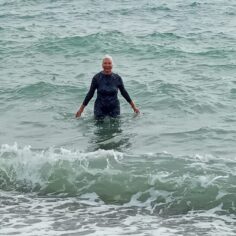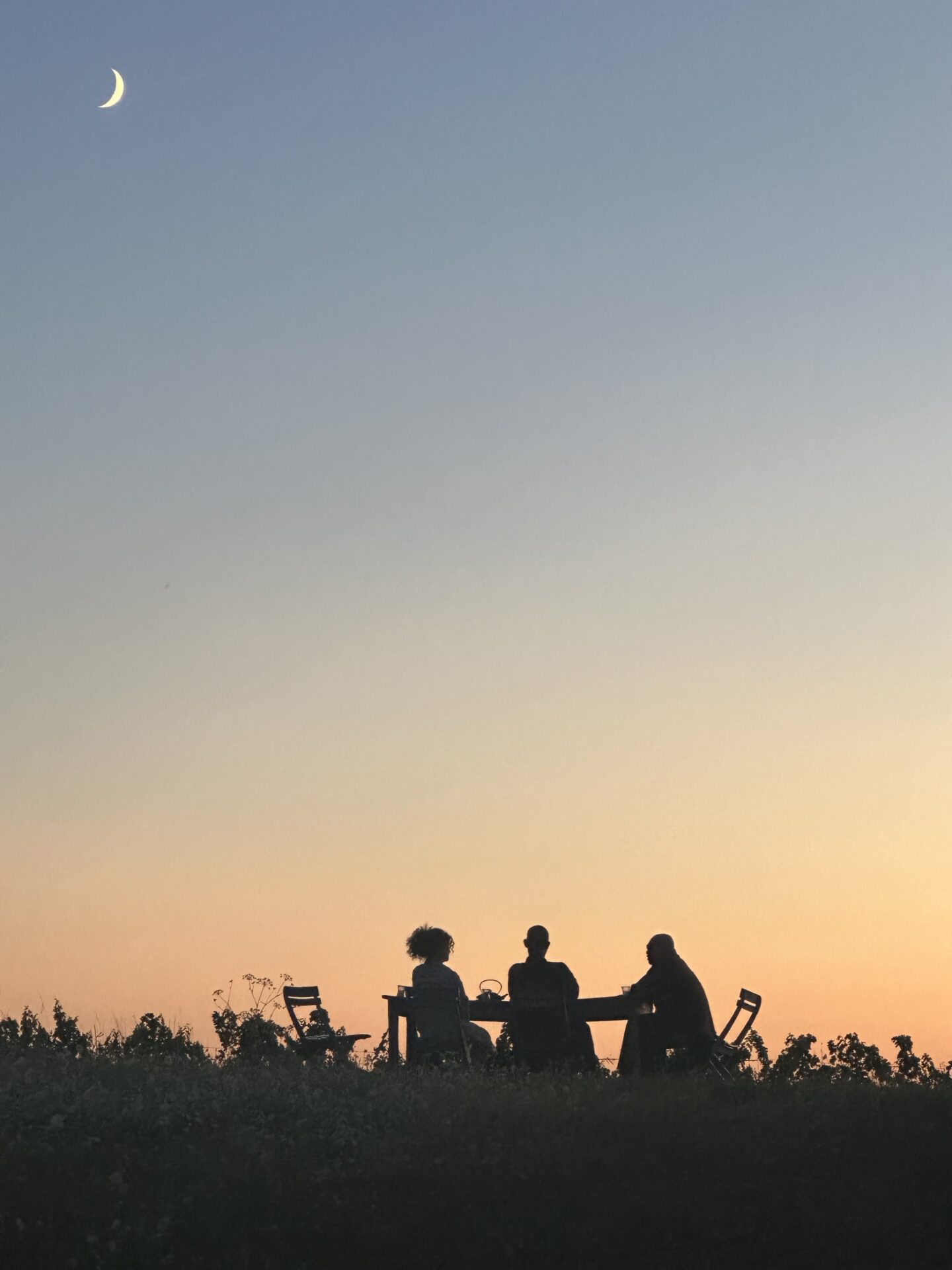Sylvia Clare shares her sangha-building journey and how mindfulness practice can be more inclusive for our neurodivergent community.
By Sylvia Clare on
In 2017 I was running two sanghas, one where I live and one in a city two hours away. The trip was expensive, and involved catching ferries, parking cars to get home later, finding buses or walking two miles from the ferry to the venue,
Sylvia Clare shares her sangha-building journey and how mindfulness practice can be more inclusive for our neurodivergent community.
By Sylvia Clare on
In 2017 I was running two sanghas, one where I live and one in a city two hours away. The trip was expensive, and involved catching ferries, parking cars to get home later, finding buses or walking two miles from the ferry to the venue, though I often got a lift back from one of the kind members. But membership attendance dropped off and I was eventually subsidising the venue hire, too. The two other consistent attendees and I agreed to cut our losses and go online. We immediately expanded with other people living in cut-off areas.
The online sangha worked in ways that we had not expected and we decided from then on not to be location specific. This became the model for everyone in the UK when the Covid lockdowns hit.
But before Covid came along we realised that more people in our sangha had neurodivergent (ND) issues. We decided to call ourselves an ND-friendly Sangha and chose the name Smiling Sitters.

How are we different?
I am diagnosed with PTSD and ADHD. My son, who’s a clinical psychologist, also tells me I am somewhat autistic. He has ADHD and my grandson has autism and ADHD, too. It’s a family thing! There are wide spectrum differences in how our brains function. These are alternative ways of relating to the world. They are not deficits, but often very creative and wonderful alternatives. Society makes it a disability by limiting humans through education and social expectations, especially for children. That is active cruelty. I knew I had to find some way to make life bearable.
It all became clear to me when I heard Thầy use the words “Enjoy your practice.” I didn’t, and never had. I knew I needed to. I had persevered for decades, feeling a complete failure. Asking for support from long-term practitioners was no help. They just told me to keep practising. This did me more harm than good, made me feel more of a fraud and a failure. Eventually, Thầy’s words helped me recognise I needed to find my way to practice, because no one else was going to help me. I even developed my own guided meditations that work for my needs, and others find them equally useful.
After that, I started surreptitiously using my own methods and found I could even sit for a full meditation session in Plum Village, France. That said, my first year at New Hamlet I was as restless and wriggly as a puppy dog.
How does it work?
ND people need a variety of approaches to connect with the energy of mindfulness. Smiling Sitters embrace that notion and offer many alternative practices for people, whilst still following the format of a standard Plum Village sangha: intro, weather reports, bell chant, guided meditation, walking meditation, silent sitting, deep listening.
We allow people to have their camera off or on; we encourage people to use what works for them and offer alternatives. We have two physically disabled members who use walking meditation time to do tea drinking meditation. But anybody else can do that, too—or dog stroking meditation, or knitting and crochet meditation. And that can extend into the silent sitting portion as well.
We keep this latter short—ten to fifteen minutes. Asking ND people to maintain silent concentration for any longer can be pointless, and positively cruel for some of us, though after thirty years I am now able to do this. It is not possible yet, for many. That’s okay.
We encourage movement meditations such as rocking meditation, which uses natural self-soothing behaviours, generally called stimming, which is also encouraged. Consciously choosing such movement meditations makes them mindful and meaningful.
Many of us have PTSD from mistreatment and social/familial/educational ignorance of our needs, though we are a very significant proportion of the population. We take this into consideration by asking if any of the practices might be a trigger, like the focus on breathing. So far we have been okay with the breath, but it might one day trigger someone. We are also flexible on the ‘rules’ because many people with ND struggle to remember so many social rules, and ‘blurtiness’ (the uncontrollable impulse to speak) is a symptom anyway. Flexibility is a way of practising compassion and making people feel safe.
Sometimes individuals are facing incredible odds in their life. It is acceptable to share some of that story, along with how the practice might be helping. We do share stories, not as advice but as support, finding ways of using the practice to get through difficulties. In some situations, like forced homelessness, all we can do is hold the space for the person. We do encounter dreadful hardship and loneliness. Above all, we laugh with each other about the fun and challenging world of neuro-divergency.
The numbers vary from week to week. We have a solid core of people who have been coming since the first online sessions or soon afterwards, and a few who are regular drop-ins when they can, with such chaotic lives. People can come late if they forget or lose track of time, coming in halfway through sometimes, ready muted and not disruptive. Being online enables us to be more accommodating to the time-keeping challenge that many ND people face. Compassionate approaches to our struggles mean we support all efforts and attempts to make the practice work.
When Plum Village UK started offering mindfulness courses, my husband and I decided to put into place a course using all my techniques and his experience as a supportive partner, who has had his own meditation practice for over fifty years. We ran them through the PVUK course team leader Lauri Bower and the Art of Zen programme online to enable as many people to attend as possible. They usually sold out. Next year, they will be offered through the new Being Peace Centre in Gloucestershire, UK.
Mindfulness is my way of life. Even though some of the more challenging aspects have been ameliorated by my practice, I will always be ND. Mindfulness (and my husband) saved my life.


